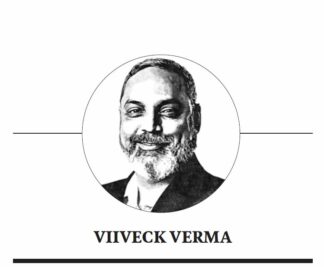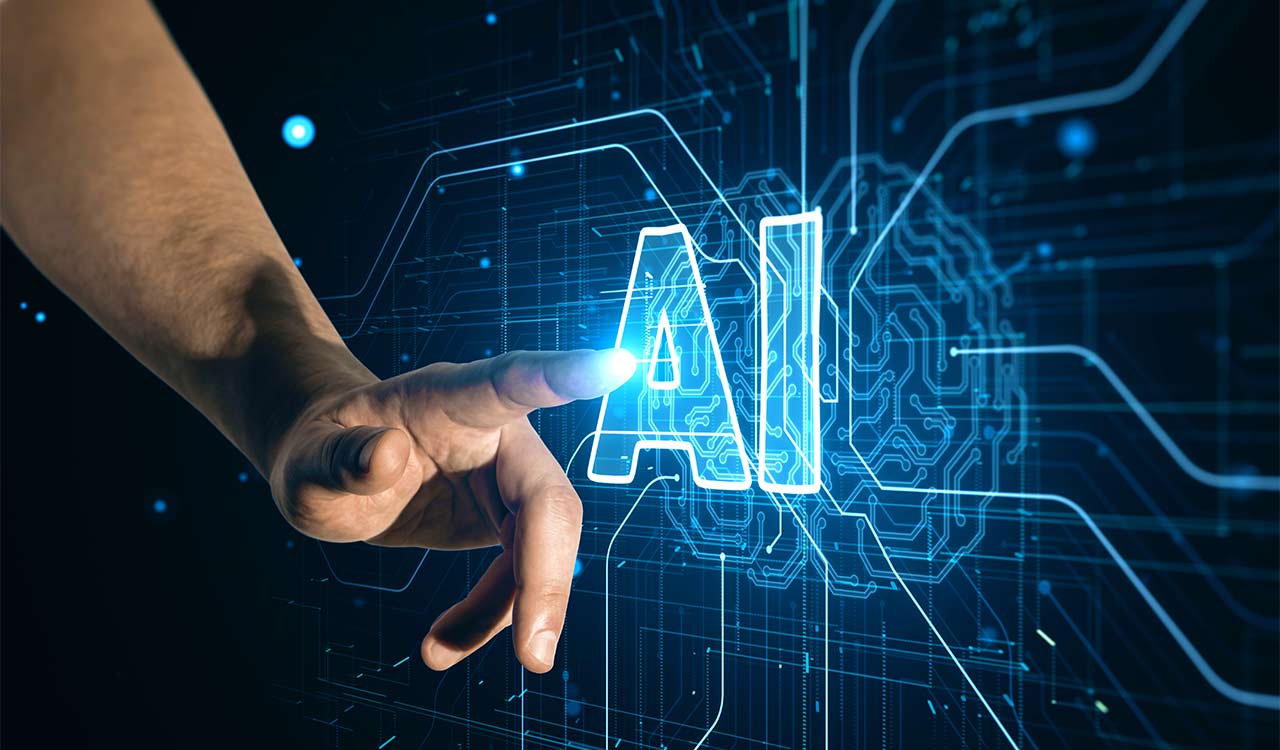Opinion: Fear of being replaced — Navigating value in an AI-driven workplace
As AI gets better at mimicking us, we must get better at being ourselves

By Viiveck Verma
At the heart of the modern workplace lies an uncomfortable question that once whispered beneath layers of professional decorum and now echoes through Slack channels, boardrooms, and virtual town halls: Am I replaceable?
In the age of AI, this question is no longer limited to factory lines or routine-heavy occupations. It creeps into creative industries, management circles, legal practices, and even scientific research. The spectre of artificial intelligence — efficient, tireless, and increasingly capable — has transformed professional insecurity from a vague existential unease into a daily reckoning.
Matter of Fact
Let’s begin with the facts. In 2023, Goldman Sachs reported that AI could replace the equivalent of 300 million full-time jobs globally. OpenAI’s own models have demonstrated proficiency in passing bar exams, generating code, writing poetry, and even conducting basic data analysis. White-collar workers who once watched automation from the safety of their ergonomic chairs now find the lens turning on them. Generative AI systems, from ChatGPT to DALL•E, are proving that what we once believed to be the irreplaceable human domain — nuance, creativity, and empathy — is not so untouchable after all.
Yet, as someone who has spent decades navigating the crests and troughs of workplace change, I’d argue that the fear of being replaced, while real, is not new. It’s merely been accelerated and globalised in scale. We’ve been here before: with industrialisation, with outsourcing, with the digitisation of processes. What’s different now is the speed and scope. AI doesn’t need onboarding. It doesn’t take sick leave or negotiate salaries. That’s a seductive proposition for companies pressured by profit margins, shareholders, and hypergrowth expectations.
But here’s where I diverge from the doomsday narrative. The real value of human labour was never just about output; it was about context, trust, and meaning. AI is, at present, a tool without consciousness or lived experience. It can draft a legal contract, but it doesn’t understand justice. It can compose music, but it doesn’t feel heartbreak. It can summarise a company’s internal policies, but it can’t sense the unspoken tensions in a team room or navigate the cultural subtext of a negotiation.
Error in Judgement
The mistake many of us are making is imagining value as fixed, a binary of useful or obsolete. But value in the workplace has always been relational. It evolves. A skill that was prized in the 1990s, say, shorthand or mainframe programming, may now be irrelevant, but the adaptability that came with mastering it? That remains crucial. Likewise, in an AI-dominated future, it is not only what we do, but how we respond to change that defines our irreplaceability.
We’ve been here before: with industrialisation, with outsourcing, with the digitisation of processes. What’s different now is the speed and scope
Still, platitudes about adaptability often ring hollow when real jobs are being lost and job descriptions rewritten overnight. Consider copywriters replaced by automated content engines, or junior analysts sidelined by AI summarisers. For early-career professionals, AI threatens to remove the apprenticeship phase, the slow climb where learning happened in the doing. If machines can now do the grunt work, how do we build expertise?
The answer lies in reframing our roles, not as executors, but as editors, curators, and strategic thinkers. AI can produce answers, but humans must learn to ask better questions. The value of a professional may no longer lie in being the sole originator of an idea, but in shaping, guiding, and refining the outputs that machines produce.
In other words, we must lean into judgment, ethics, taste, and vision, qualities that are still distinctly human. Moreover, I’ve found that one of the greatest ironies of AI is that it’s forcing us to rehumanise work. We are beginning to ask with new urgency: What can only a human do? Empathy, mentorship, community building, and navigating ambiguity—these are becoming the new cornerstones of professional excellence. If we allow AI to take over the mechanical and transactional, we may finally reclaim the emotional and relational dimensions of work that have long been sidelined by productivity metrics.
The Transition
That doesn’t mean the transition will be smooth. There are enormous implications for education, policy, and equity. We must address who gets access to retraining, who is protected by regulation, and who is left behind. Organisations must move beyond the hollow phrase of upskilling and invest deeply, continuously, and equitably in human growth. And let’s be honest, many won’t. Not unless workers demand it, and not unless we, those of us in positions of influence, insist on ethical implementation, not just efficient automation.
For those of us further along in our careers, AI can be a mirror. It asks us not just what we do, but what we offer. Are we leaders who cultivate originality or who reward conformity? Do we empower people to think or to execute? If our roles can be automated, are we adding value or just managing the process? These are difficult questions, but they’re worth asking.
The truth is, we are all replaceable, technically. But replaceability is not the same as value. A machine might replicate your skills, but it cannot replicate your story, your empathy, your voice in a room, your way of seeing the world. As AI gets better at mimicking us, we must get better at being ourselves. So yes, the insecurity is real. But so is the opportunity. The future of work will belong not to those who resist AI, nor to those who surrender blindly to it, but to those who learn to partner with it while deepening their own humanity. That is the paradox, and the promise of working in an AI-driven world.

(The author is founder and CEO, Upsurge Global, co-founder, Global Carbon Warriors and Adjunct Professor, EThames College)
Related News
-
Couple elected as chairperson and vice-chairperson of Nirmal Municipality
5 mins ago -
Telangana municipal polls: BRS pockets 18 municipalities
13 mins ago -
BJP draws sharp criticism for meeting Congress leaders in Hyderabad
20 mins ago -
Inorbit Mall Cyberabad hosts Valentine specials, interactive games and live performances
29 mins ago -
Jangaon chairperson election postponed amid high drama
38 mins ago -
Editorial: Showcasing India’s tech prowess
50 mins ago -
Health Minister orders suspension of absent Jogipet doctors
56 mins ago -
Telangana government initiates preparations for first fully digital Census 2027
1 hour ago




